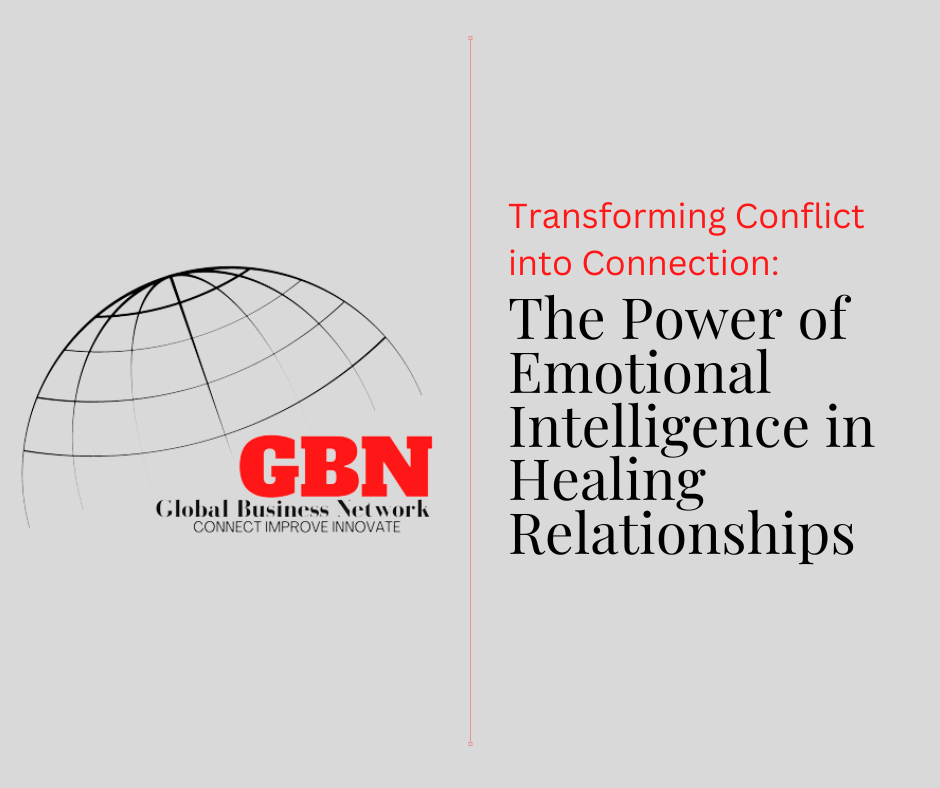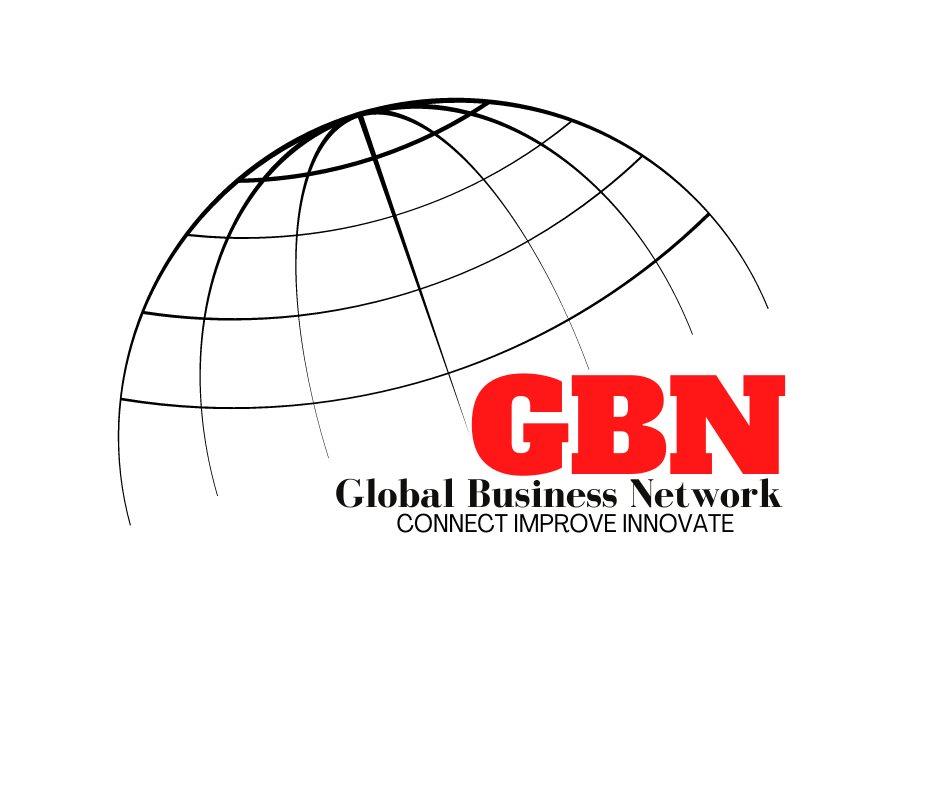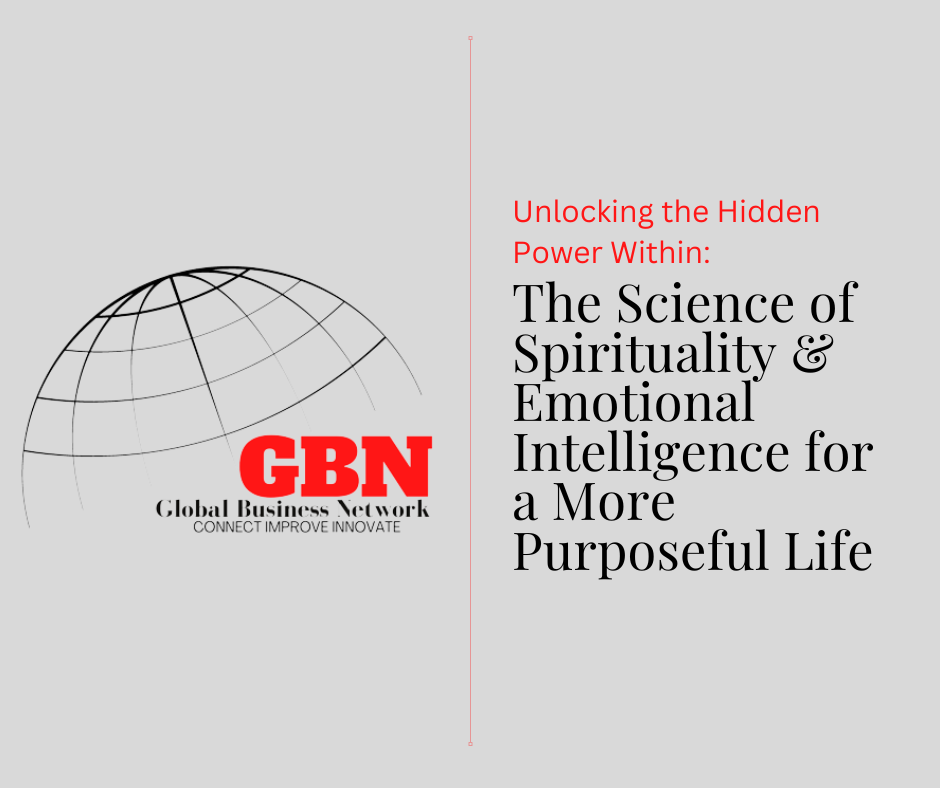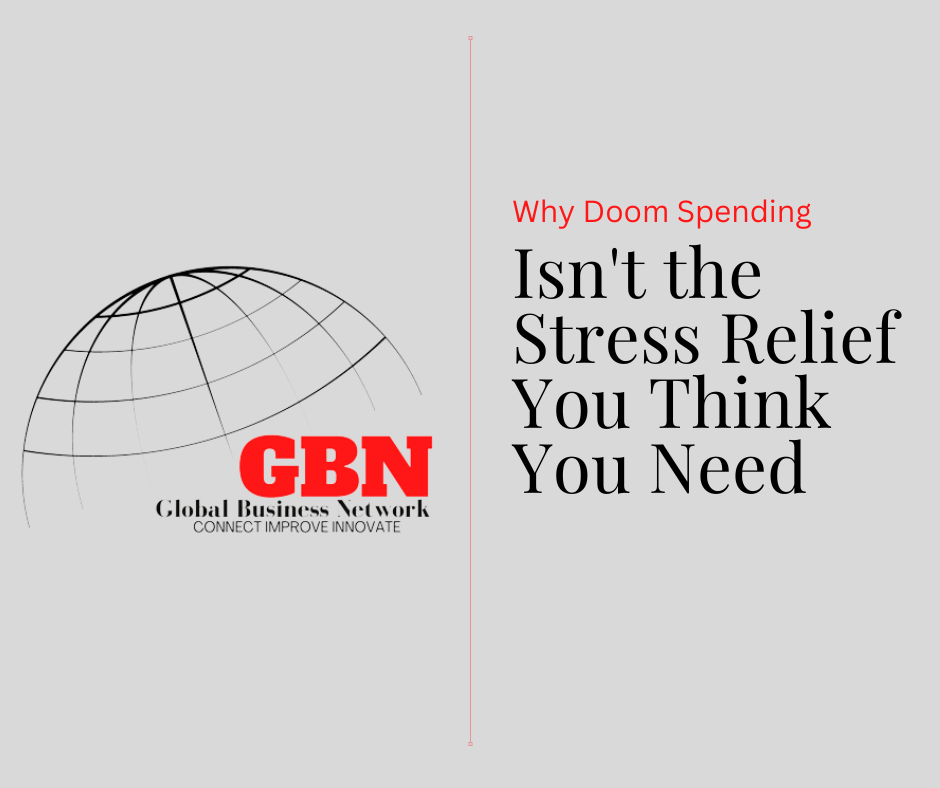
Transforming Conflict into Connection: The Power of Emotional Intelligence in Healing Relationships
Conflict is inevitable. Whether it’s in our homes, offices, or within ourselves, tension is a part of human existence. But what if conflict wasn’t something to fear, suppress, or avoid? What if, instead, it became the very tool through which we deepen our relationships, unlock empathy, and cultivate meaningful transformation?
This is the power of Emotional Intelligence (EI).
And the time to master it is now—because in a world burning with misunderstandings, assumptions, and blame, the only sustainable solution is connection, not control.
The Hidden Opportunity Inside Every Conflict
Conflict isn’t the end of a relationship—it’s a sign that something matters deeply. When two people clash, what lies beneath the anger, frustration, or silence is often a plea to be heard, to be seen, to be understood.
Emotional intelligence gives you the toolkit to listen with your heart, not your ego.
Through EI, you begin to:
-
Recognize your own emotional triggers.
-
Understand the unspoken pain behind another person’s reaction.
-
Respond rather than react.
-
Resolve rather than retreat.
Instead of shutting down, you open up. Instead of escalating, you empathize. This isn’t weakness—it’s revolutionary courage.
Why Emotional Intelligence Matters More Than Ever
We live in a hyper-connected, yet emotionally starved society. Social media has made communication easier—but not connection. In the workplace, in families, and in leadership, conflicts are exploding because people don’t know how to feel, process, or express emotions productively.
Emotional intelligence is no longer a ‘nice to have’—it’s survival.
-
For leaders, it builds trust and retention.
-
For parents, it fosters emotional safety and security.
-
For couples, it reignites intimacy and forgiveness.
-
For communities, it creates harmony and resilience.
If we want a better world, we must start with better emotional practices.
The 4 Pillars of Turning Conflict into Connection
1. Self-Awareness
You can’t change what you don’t understand. Begin by identifying what you truly feel and why. Journaling, reflection, and even moments of silence can help unearth what’s really beneath the surface.
2. Self-Regulation
Take a breath. Conflict triggers a fight-or-flight reaction. But EI teaches you how to pause. In that sacred pause lies your power—to choose calm over chaos.
3. Empathy
This is the heart of connection. When you actively listen without the intent to reply, but to understand, you shift the energy of any interaction.
4. Communication
Speak your truth—but with kindness. EI helps you voice your needs, boundaries, and perspectives with clarity, not cruelty.
A Call to Action: You Hold the Key
Look around you—relationships that matter are breaking. Teams are divided. Families are disconnected. The urgency to cultivate emotional intelligence is real and pressing.
Don’t wait for the next argument to act.
Start today:
-
Learn to pause before you react.
-
Ask instead of accuse.
-
Listen more than you speak.
-
Acknowledge emotions—yours and others’.
Because when you choose emotional intelligence, you don’t just resolve conflicts—you evolve as a human being.
And when we collectively choose connection over conflict, we don’t just heal relationships—we heal society.





